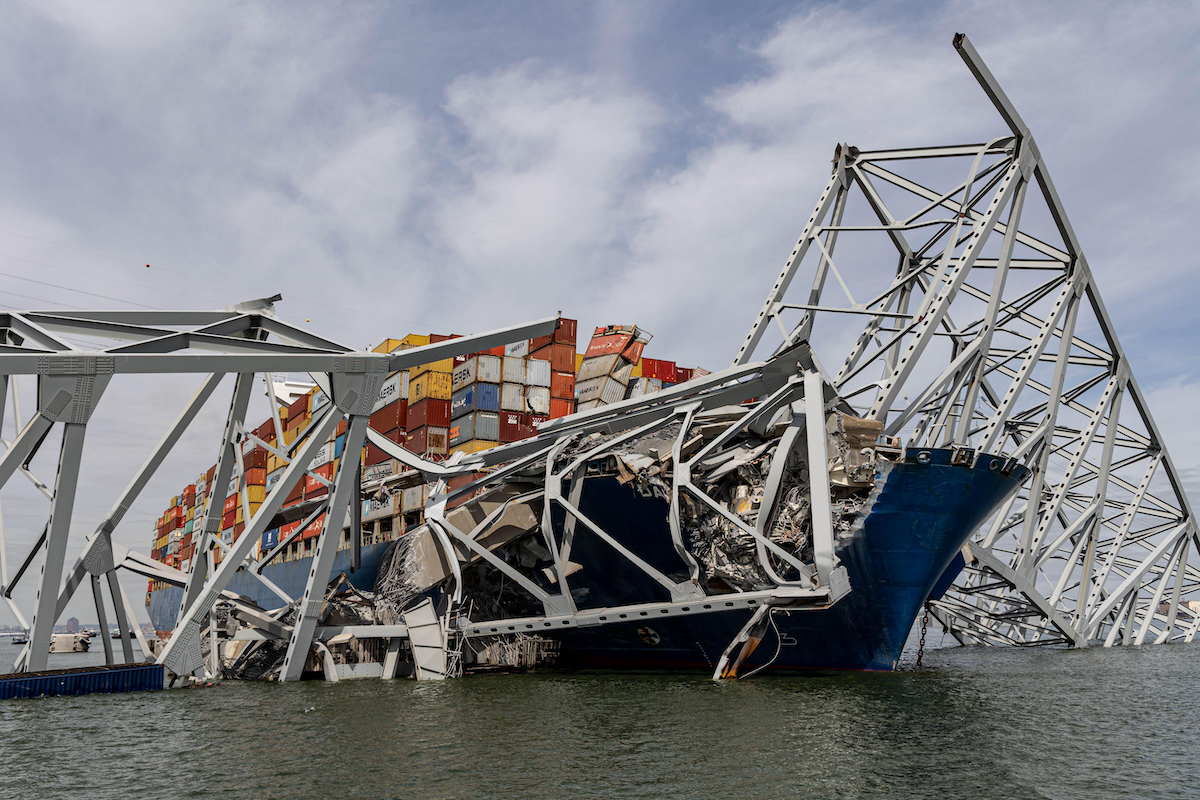Deshler Companies Developing Logistics Solutions After Bridge Collapse
Deshler Companies Developing Logistics Solutions After Bridge Collapse
As we assess fallout from the tragic container ship/bridge collision in Baltimore, Deshler Group companies, particularly GTM USA, our logistics partner, are already developing solutions for our customers’ resulting transportation challenges. This is a particularly urgent concern across our companies, as a substantial portion of our partners’ work revolves around the automotive industry. In fact, the Port of Baltimore is the nation’s leading automotive port, handling 850,000 vehicles in 2023 alone.
GTM will monitor, support and manage the logistical challenges of this unfortunate situation to keep customer freight, particularly our partners’ and our customers’ automotive parts, on track and on schedule as is possible to their OEMs. Even when it means expedited freight or team driving through the night. Our goal is to keep lines moving, plants open, and customer needs met. Whatever it takes and for as long as it takes.
Fortunately, none of our customers had cargo on board the Dali – the 948-foot-long Maersk container ship that collided with and brought down the Francis Scott Key Bridge. Yet we know many will be facing both immediate and long-term alterations in port destinations and modes of transport. This will also include extensive documentation changes in bills of lading and customs clearance.
Keeping Freight in Motion
The GTM team is carefully monitoring developments and implementing service changes to keep customer freight moving. First, we’re rerouting shipments to other East Coast ports temporarily welcoming some of Baltimore’s shipping traffic, including ports in Savannah, Norfolk, Newark and New York. This requires planning for anticipated capacity issues and changes in routes and shipping times for interstate transport.
Second, as they’ve done during previous global shipping disruptions, the GTM team is arranging alternative transportation modes. These may include goods transfer by expedited air freight, rail and truck, and preparing for shipment extraction work if needed. Team driving planning is already underway, as port changes and delays will add considerable time and cost pressures throughout the supply chain.
At the same time, we’ll be solving for the financial fallout that many companies across multiple industries will experience. Ocean carriers are already designating this as a force majeure event, i.e. an unexpected occurrence of such magnitude that they are released from liability for cargo delays or losses and any associated costs. A force majeure clause is written into every bill of lading document, and will affect the entire logistics industry in different ways.
While we study carrier, port and government responses, we will continue to create our own alternate transportation plans to solve our customers’ supply chain issues. Our GTM logistics team is also working on viable solutions to transport goods to their end destinations without affecting retail seasonal windows. In the months ahead, our customers can count on us to keep them informed and to operate with their best interests in mind.

